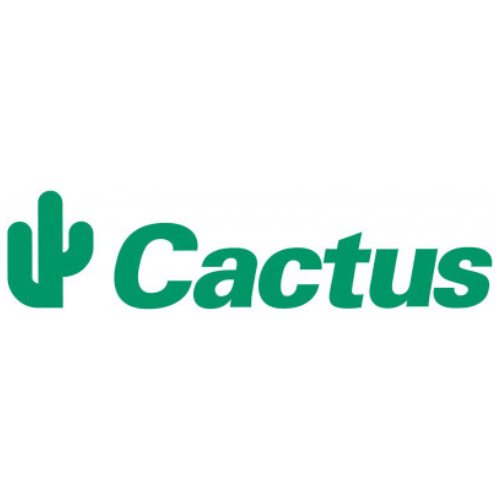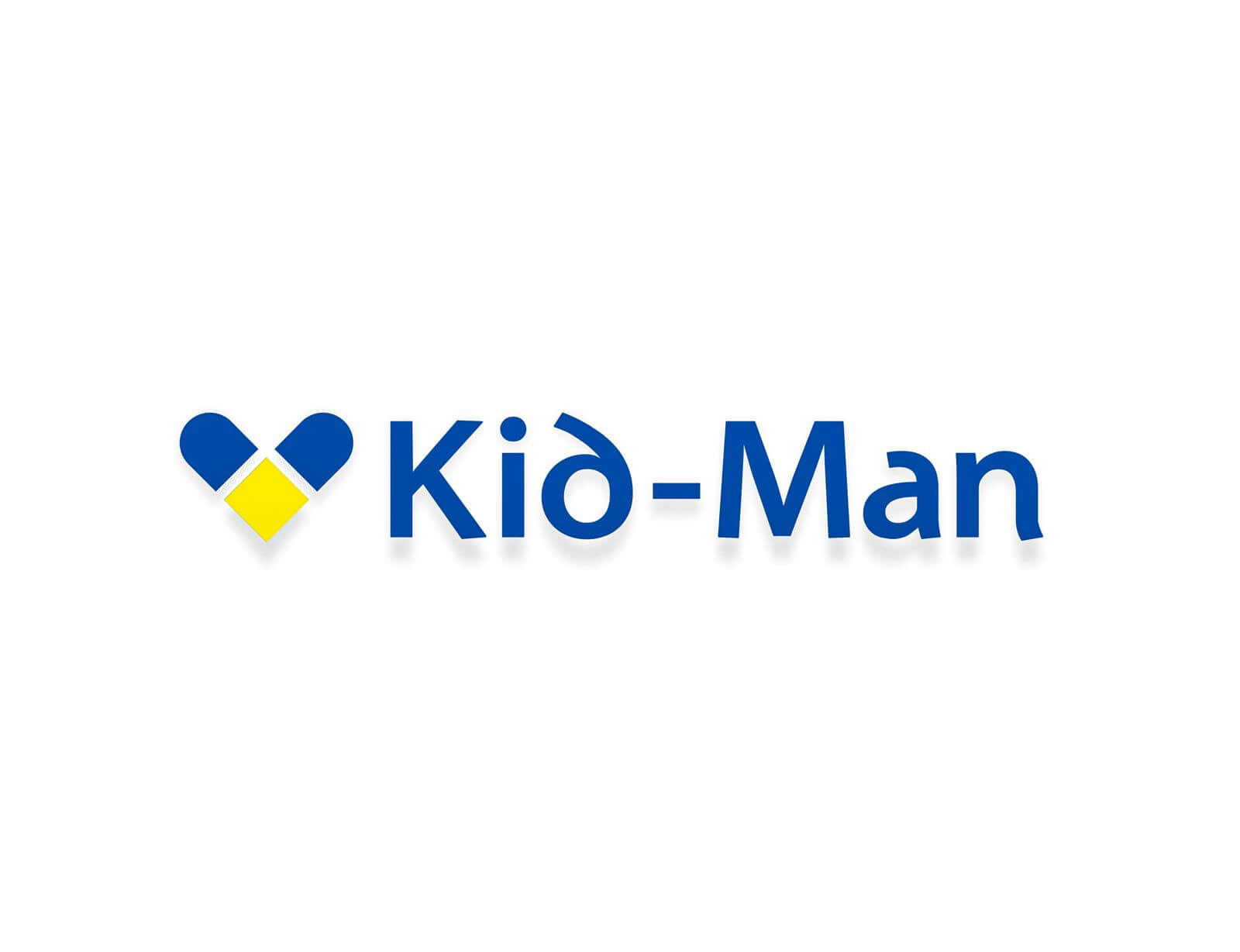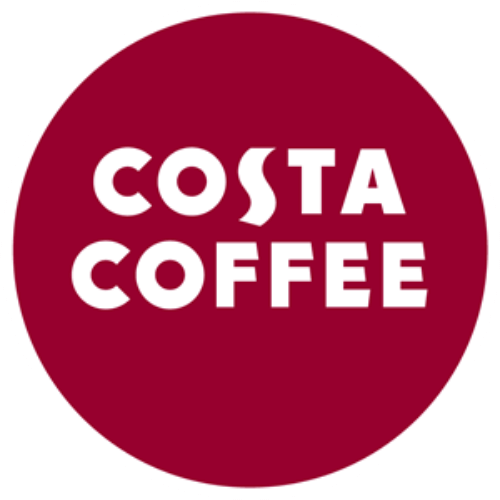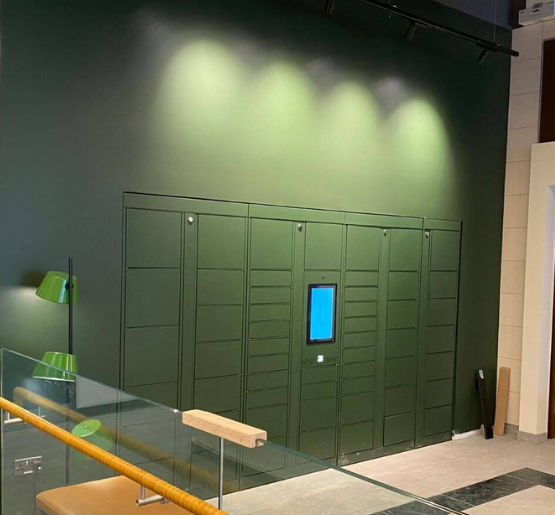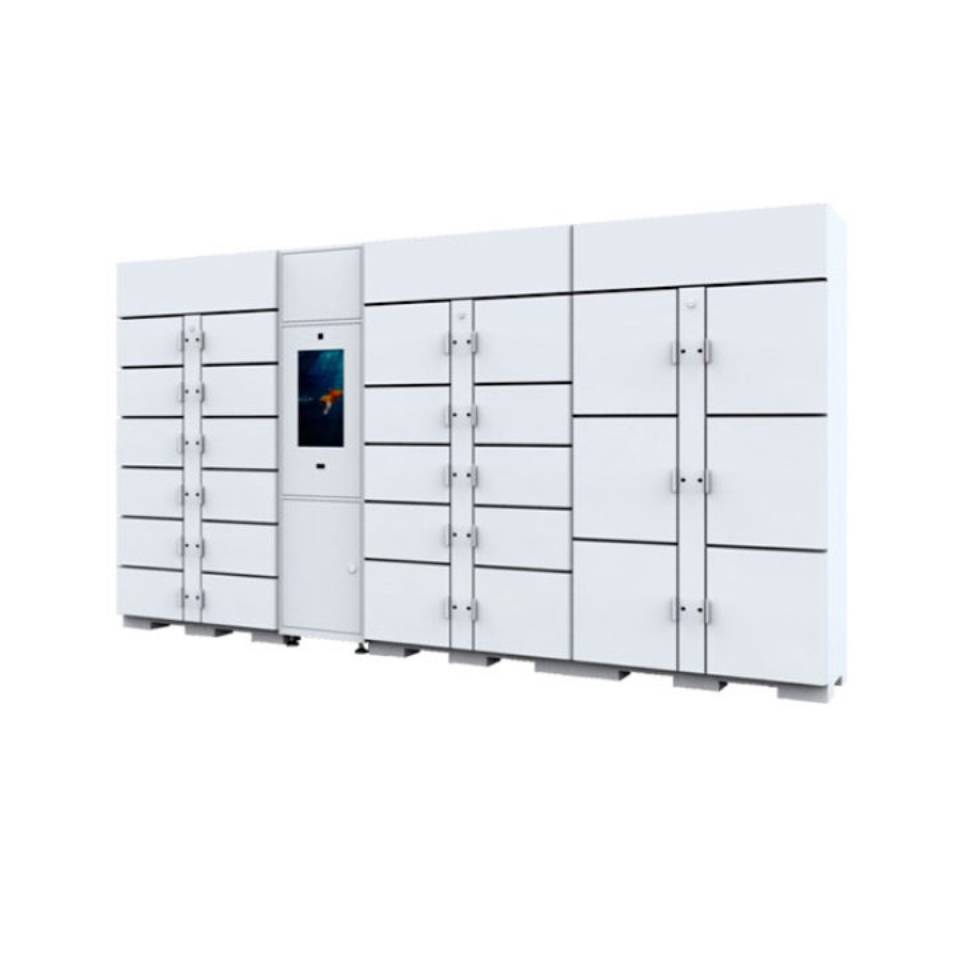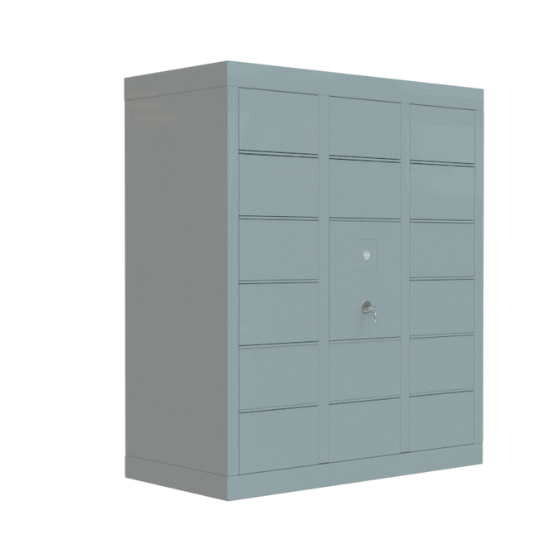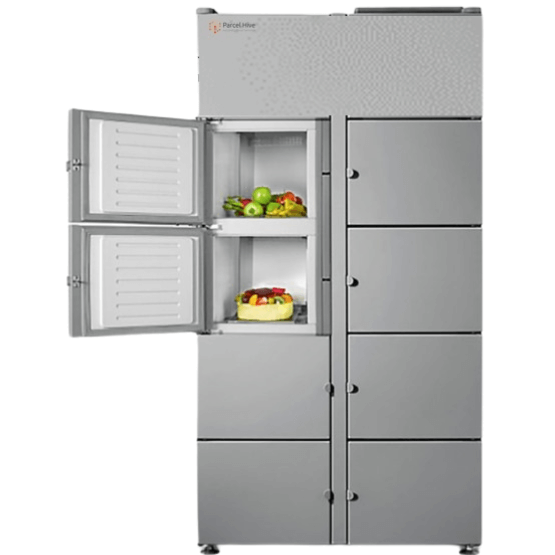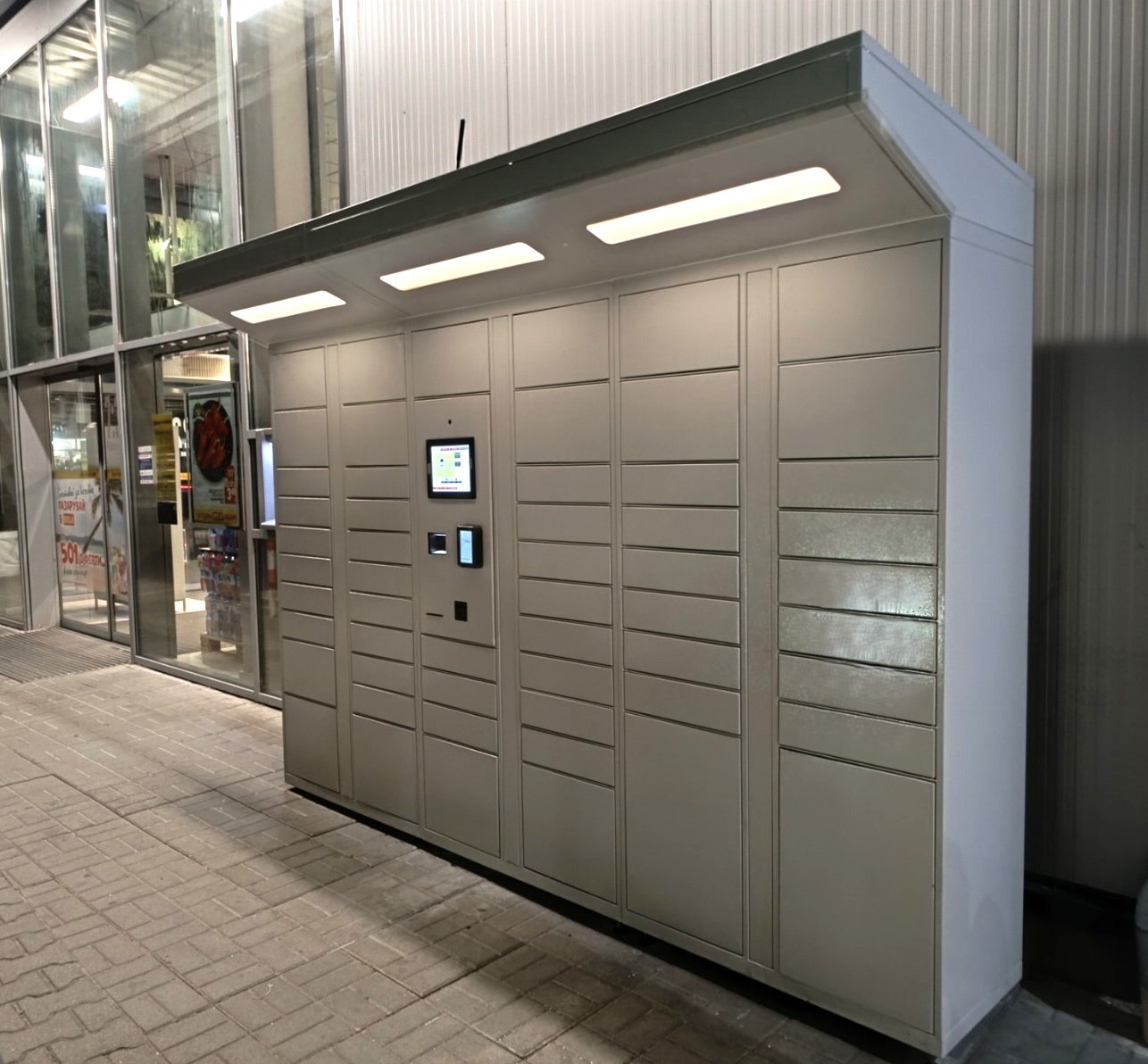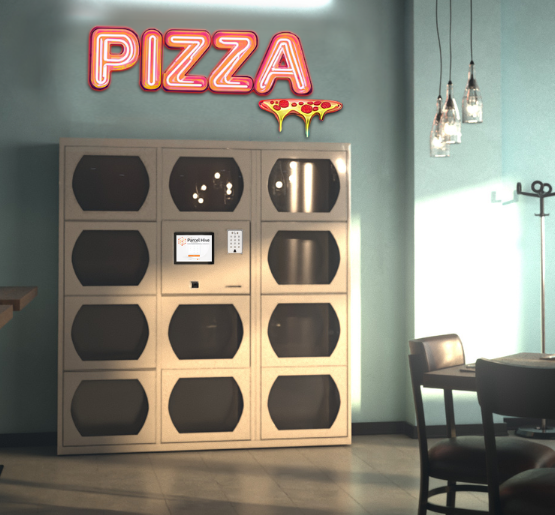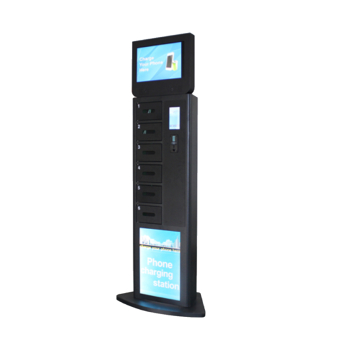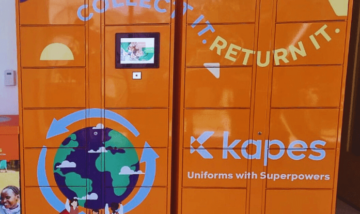Experience the Future of Delivery with Our Smart Parcel Lockers Welcome to Parcel Hive


Global Coverage
Global Coverage
Cyber Hive – The Ultimate Software Solution
Our Cyber Hive software sets the industry standard, providing an intuitive, seamless experience for every user. Enjoy advanced reporting and support features, along with automated remote management, eliminating the need for on-site personnel.
Custom-Tailored Solutions
We understand that every customer is unique. That’s why Parcel Hive offers custom-sized lockers and bespoke services designed to meet your specific needs. Experience delivery solutions crafted just for you.
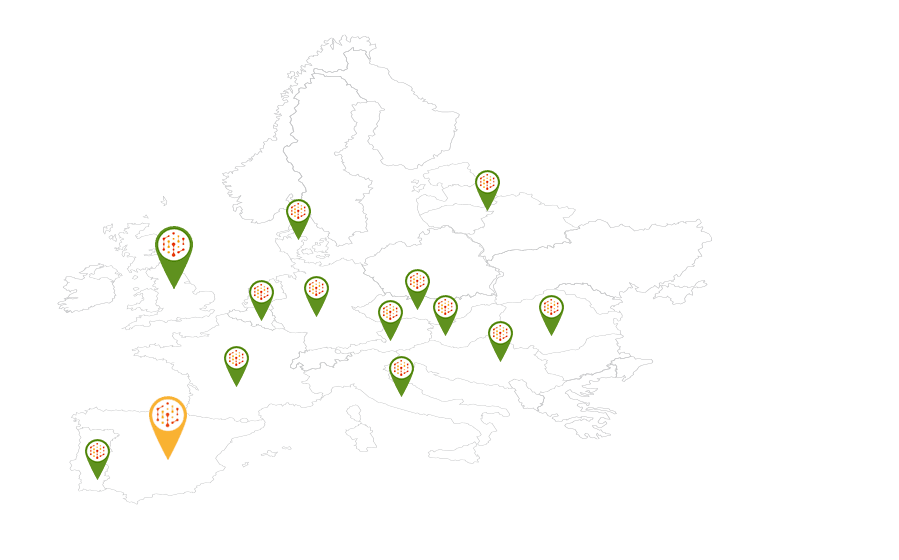
Products
Parcel Hive Parcel Locker Features
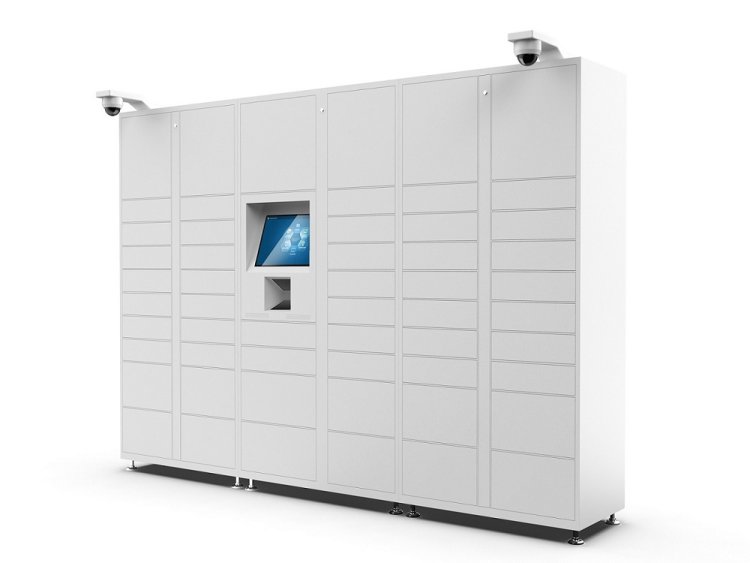
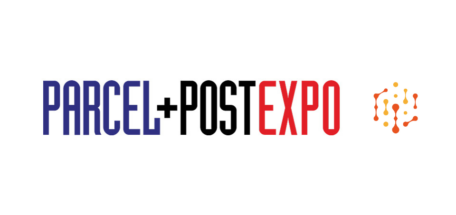
Meet us at Parcel+Post Expo 2024 in Amsterdam!
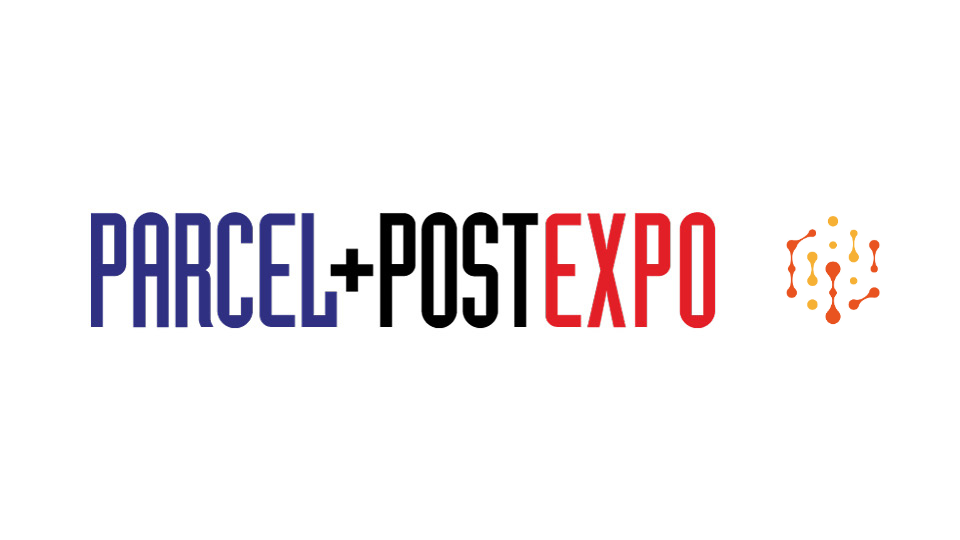
Meet us at Parcel+Post Expo 2024 in Amsterdam!
Time
20.10.2024
Location
Amsterdam
Netherlands

Parcel Hive at SIL Barcelona 2024

Parcel Hive at SIL Barcelona 2024
SIL Barcelona reaffirmed its position as a pivotal event for logistics and transport in Southern Europe.
Time
5-7.06.2024
Location
Barcelona
Spain
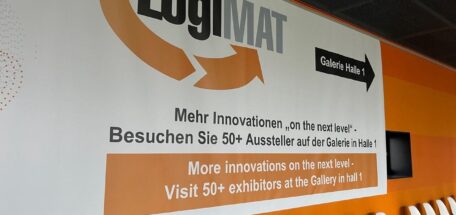
Meet us at LogiMAT 2024
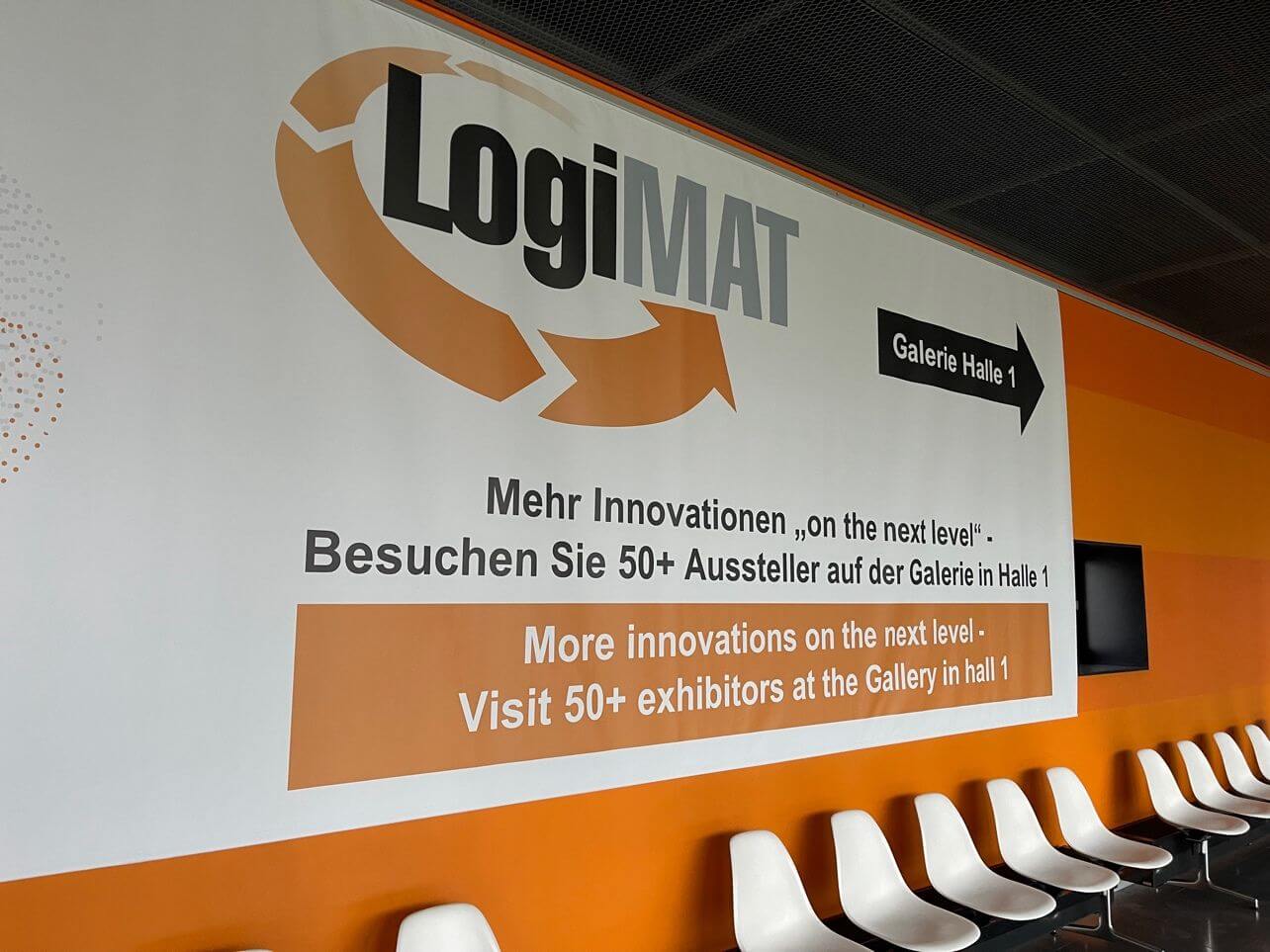
Meet us at LogiMAT 2024
LogiMAT 2024 – Stuttgart, Germany (March 19-21)
LogiMAT 2024 in Stuttgart was a stellar start to our event calendar.
Time
Location
Leave your comment
Case Study: Imperial Hotel London – Luggage Storage Locker Service
Imperial Hotel London offers convenient luggage storage lockers, allowing guests to explore the city freely between checkout and their departure.
Case Study: Kapes School Uniforms – Revolutionizing Uniform Management with Smart Click & Collect Parcel Lockers
Kapes UAE transforms school uniform management with Parcel Hive's Click & Collect lockers, offering sustainability, safety, and a seamless student experience.
Our Headquarters and Manufacturing Facility
148, Kliment Ohridski Blvd. Sofia 1756, Bulgaria
C/Colegiata N18, 28012, Madrid, España
Phone Numbers
+ 359 2 408 58 88
+ 34 (91) 0607378
Email Addresses



